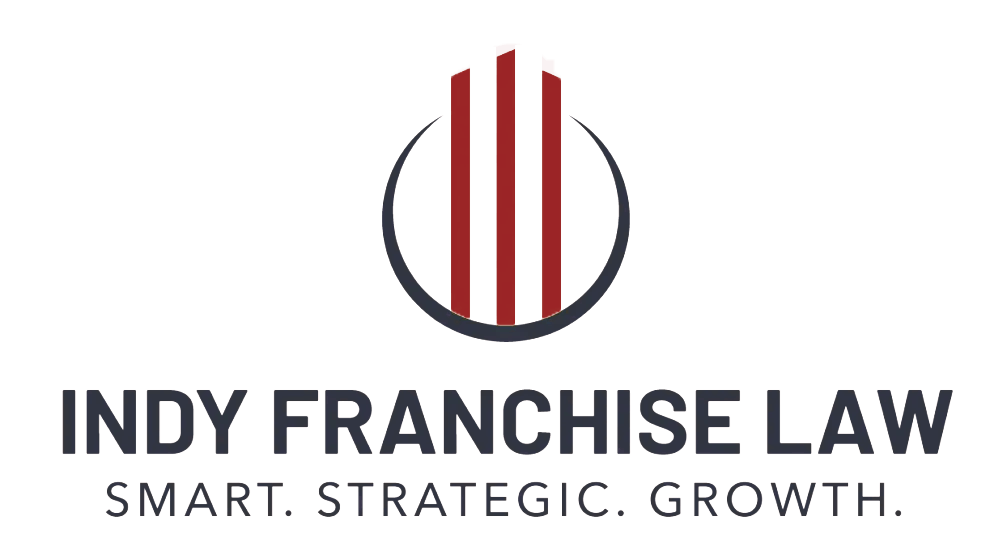You have fulfilled one of your dreams by opening and operating your own business; you’ve even been successful at it. Like most successful entrepreneurs, you aren’t done just because your business has become successful; you want to keep the success going and the business growing. How exactly do you go about doing this? Two options to consider growing your business are licensing and franchising. The terms are often used interchangeably but there is a distinction between the two. Although there are pros and cons to growing your business through either licensing or franchising, your business may be better suited for one route over the other.
Here is a quick look at the differences between licensing and franchising to provide a starting point in determining which option is best for your business.
Licensing
Licensing is where a business grants a third-party, known as the licensee, permission to use the business’ patents, trademarks, copyrights, designs, or trade secrets, otherwise known as intellectual property. The license does not transfer ownership of the intellectual property, but merely gives the licensee the right to use it. Unless specifically prescribed in the licensing agreement, the licensee usually operates independently with little oversight and support from the licensing business. License agreements also usually do not include exclusive rights to the intellectual property, meaning that it is possible that the licensee will directly compete with other licensees in the same area.
Franchising
Franchising a business is quite a bit more regulated than licensing one. In accordance with federal laws, before a business can be franchised, prescribed legal documents must be created. These legal documents are known as the Franchise Disclosure Document and the Franchise Agreement. Despite the extensive work on the front end, franchising a business can be made worth it in royalty fees while still being more cost efficient than other expansion models.
When franchising a business, a third-party, known as the franchisee, pays a fee to the franchisor, to not only use the business’s intellectual property, but also the operating systems that are already in place such as internal systems, distribution systems, and marketing systems. In return for part of the fee, the franchisor grants the franchisee an exclusive territory to eliminate direct competition with any other franchisees and, usually, support in opening and operating the franchise. The franchisor maintains some control and oversight over the franchisee as well. The amount of oversight, control, and support from the franchisor should be outlined in the agreements.
There are many factors to consider when thinking of growth or expansion for your business. Licensing and franchising are merely two of those options. While the above just scratches the surface in terms of the distinctions between licensing and franchising, hopefully it will provide you with a better understanding of the distance between the two.









